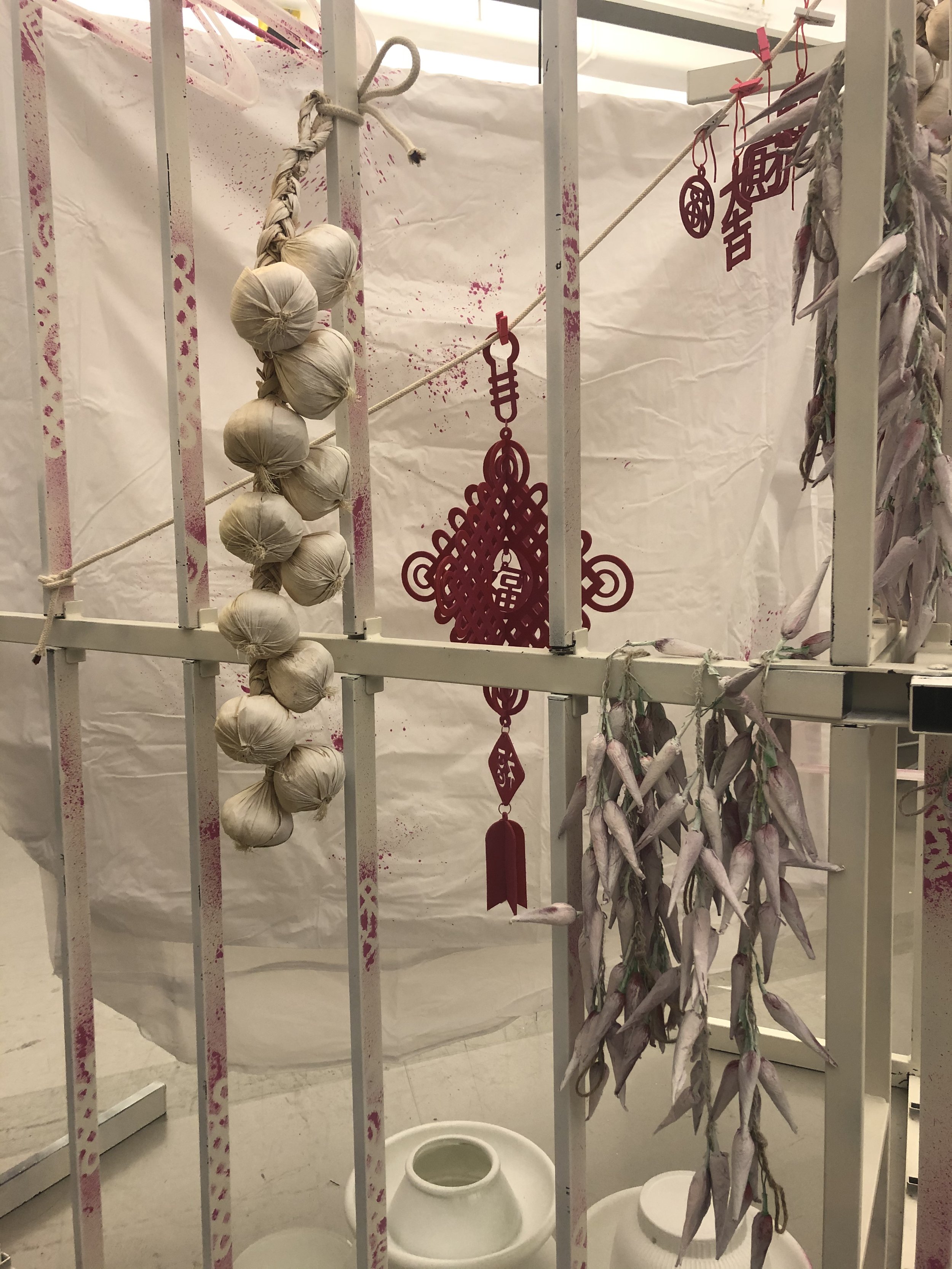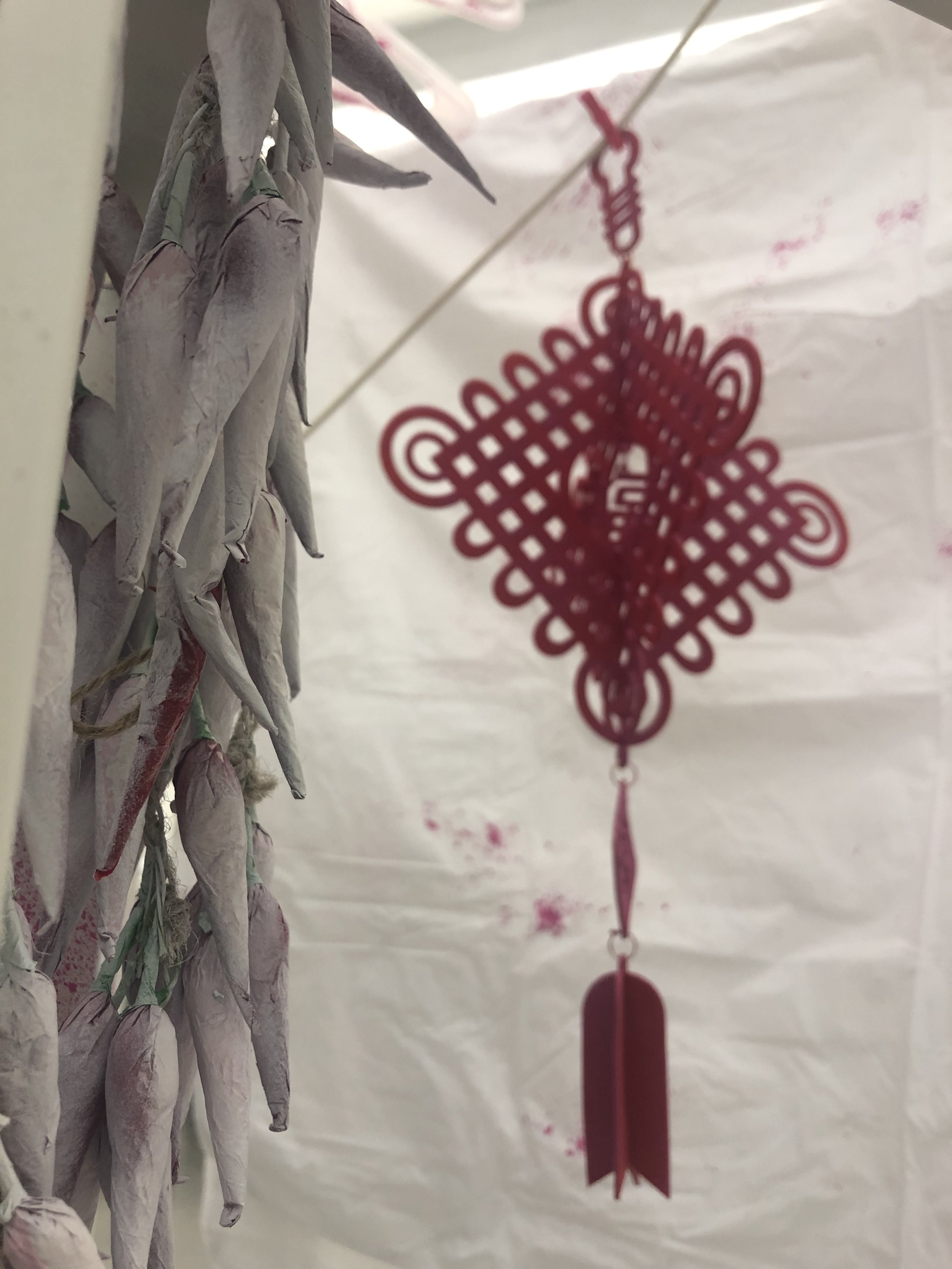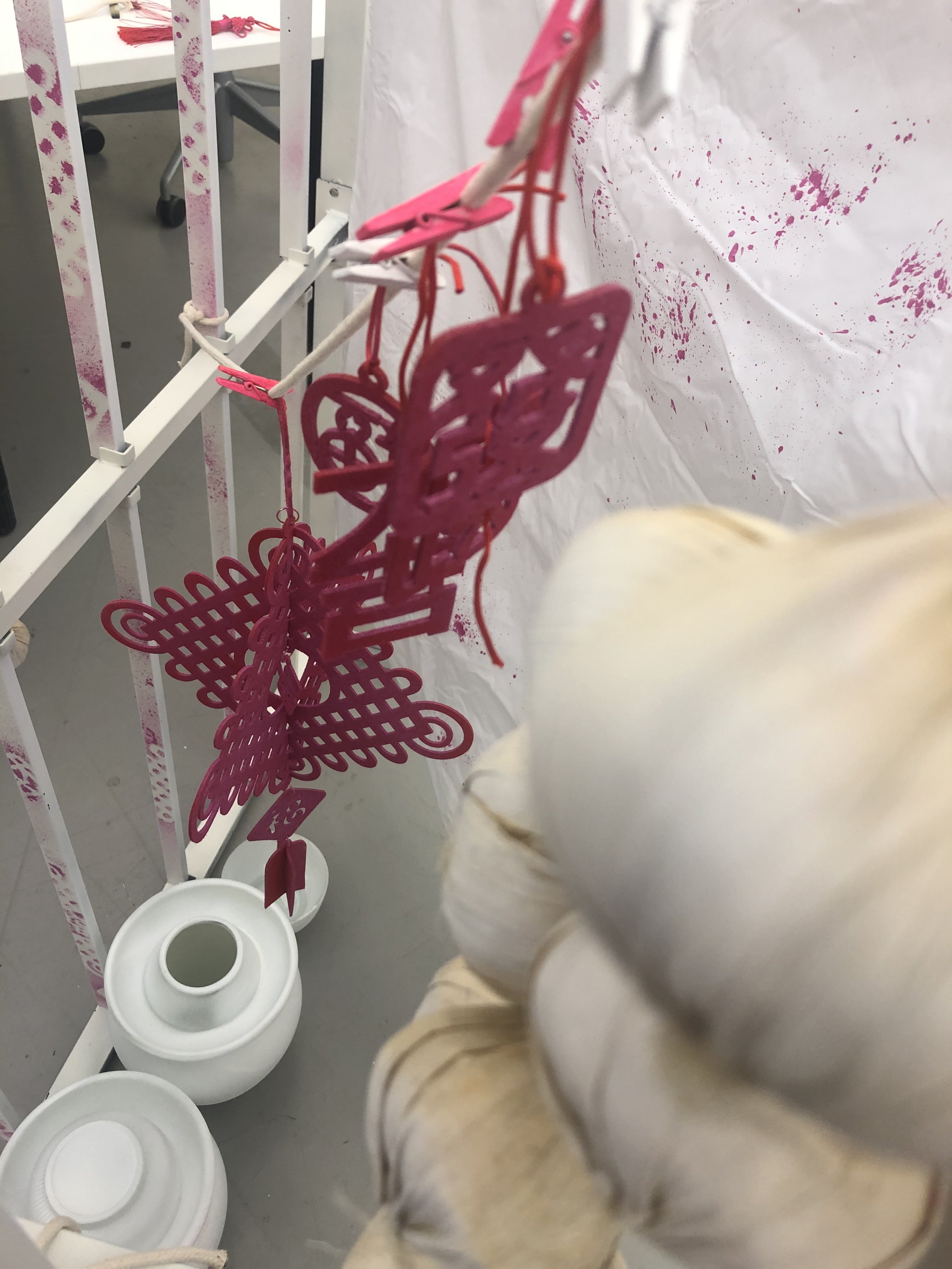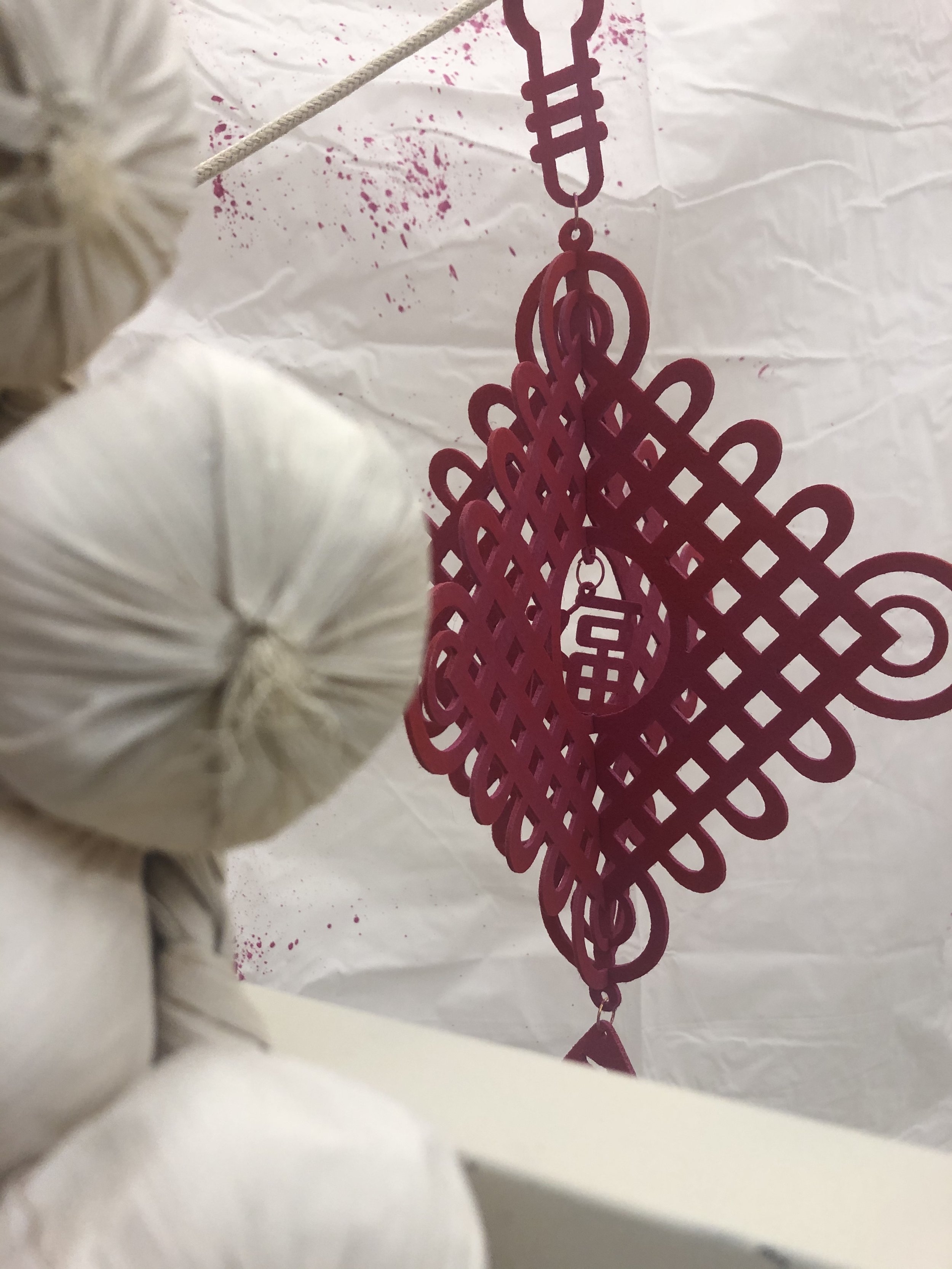The Specter of My Homeland
Cheng Liu & Luying Peng
2022 Fall Thesis Prep.
Instructor: Elizabeth Kamell & Timothy Stenson
This project is a statement under the context of Chinese modern society, proposing that personal recall could work as an anchor to reattach the displaced communities back to their cultural origins. These displaced communities could be ex-pats living abroad, or individuals living in other cities domestically.
The motionless memory in architecture preserves one’s life track and fragments of life as amber. While people are constantly floating between different locations, architecture and landscape work as a tool providing space for memories to be shaped. Those memories could be personal to individuals, but also collectively shared by the majority with similar cultural backgrounds. Though one can create different memories within the same spaces, the similarity and familiarity of spaces still echo. The identity of a group thus forms.
Under the social background of China these days, the large amount of displaced communities flow from city to city, country to country. No matter what social class they are in, the stuff they carry with them along the way could all fit into a small scale of space, the same as their memories. After all, the built environment which architects create is just a temporary place to hold people, but the small unit is where holds the displaced memories; to bring up personal recall on identity and culture does not necessarily rely on huge scale spaces. The small scale units are not actual physical spaces, but a deconstruction of spaces where most people’s daily activities take place, also a container for memory. To rearrange those deconstructed moments and spaces into one, the small units and items contribute to a collective culture recall and various personal recall for people.
Although the formal spiritual space could be lost during this itinerant process, the memory of tradition still remains. Eventually, those spiritual memories are transformed into scenarios that are more secular, and hence, become the Specter of Homeland
Research Drawings
Background study of the itinerants through mapping and case study
Under the social background of China these days, the large amount of displaced communities flow from city to city, country to country
Domesitc Itenerent Mapping, Shenzhen
International Itinerent Mapping
No matter what social class they are in, the stuff they carry with them along the way could all fit into a small scale of space, same as their memories.
Capsule Tower, Small-Scale Space. Tokyo
Subunit Case Study, Small-Scale Spaces, HK
After all, the built environment which architects create is just a temporary place to hold people, but the small unit is where holds the displaced memories; to bring up personal recall on identity and culture does not necessarily rely on huge scale spaces. The small scale units are not actual physical spaces, but a de-construction of spaces where most people’s daily activities take place, also a container for memory.
Urban Residents Move and Live Like Traditional Nomads.
Consignment Shop.
Physical Models
To document the domestic items that could be carried with the itinerants.
To study at what scale should domesticity be reviewed through this process of movement and reconstruction, we made models at different scales.
Fruit Mesh Bags
Plaster
Vaccum-Packing Food
Plaster
Mosquito Coil
Plaster
Bamboo Steamer
Plaster/Wax
Sausage
Plaster
Steel Ball
Wax
Tofu Box
Wax
Dry Jujube
Plaster
Skin Scar
Plaster
Chinese Spam
Plaster
Analytical Drawings
To demostrate the trandition associated with the domestic items.
Steamer Box
Dry Fruit and Tranditional Hallway
Although the formal spiritual space could be lost during this itinerant pro-cess, the memory of tradition still remains. Eventually, those spiritual memo-ries are transformed into scenarios that are more
secular, and hence, become the Specter of Homeland.
Traditional Pickle Jar
Traditional Tabernacle
Door and window as the threshold with a different layer of transitional information reviews the daily action at different festivals both inside and outside.
Study Model
Security window is a container of chinese life and culture activities.
Although this balcony reminds of solid layers, the activities inside followed people’s displacement and were translated into different versions. This model is a variation we made of this container. And this is also an experiment of our next stage, a start point of next semester’s design.








































